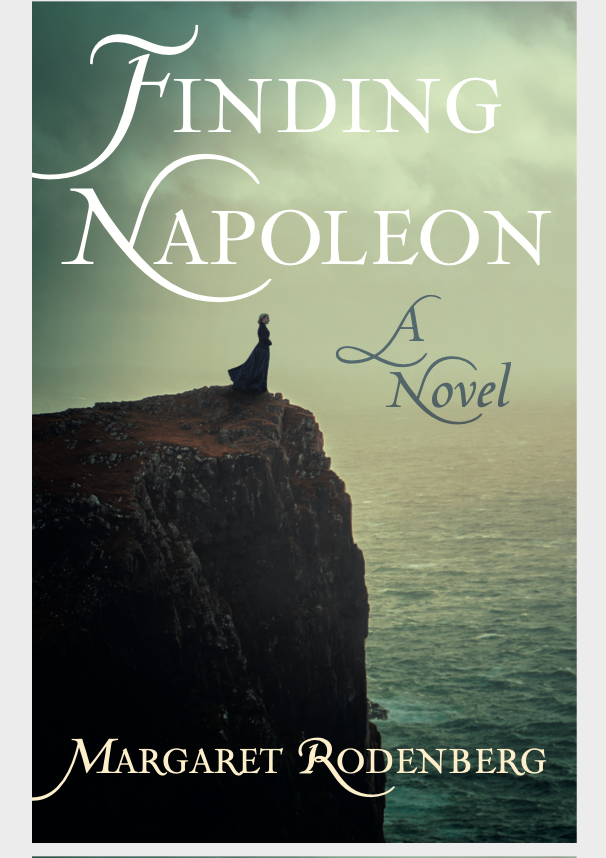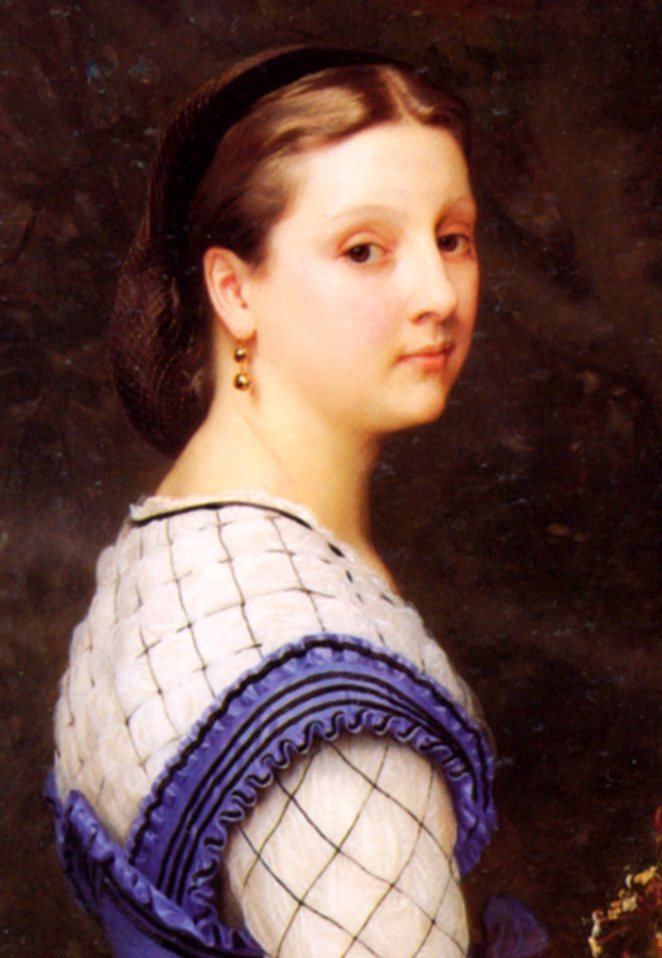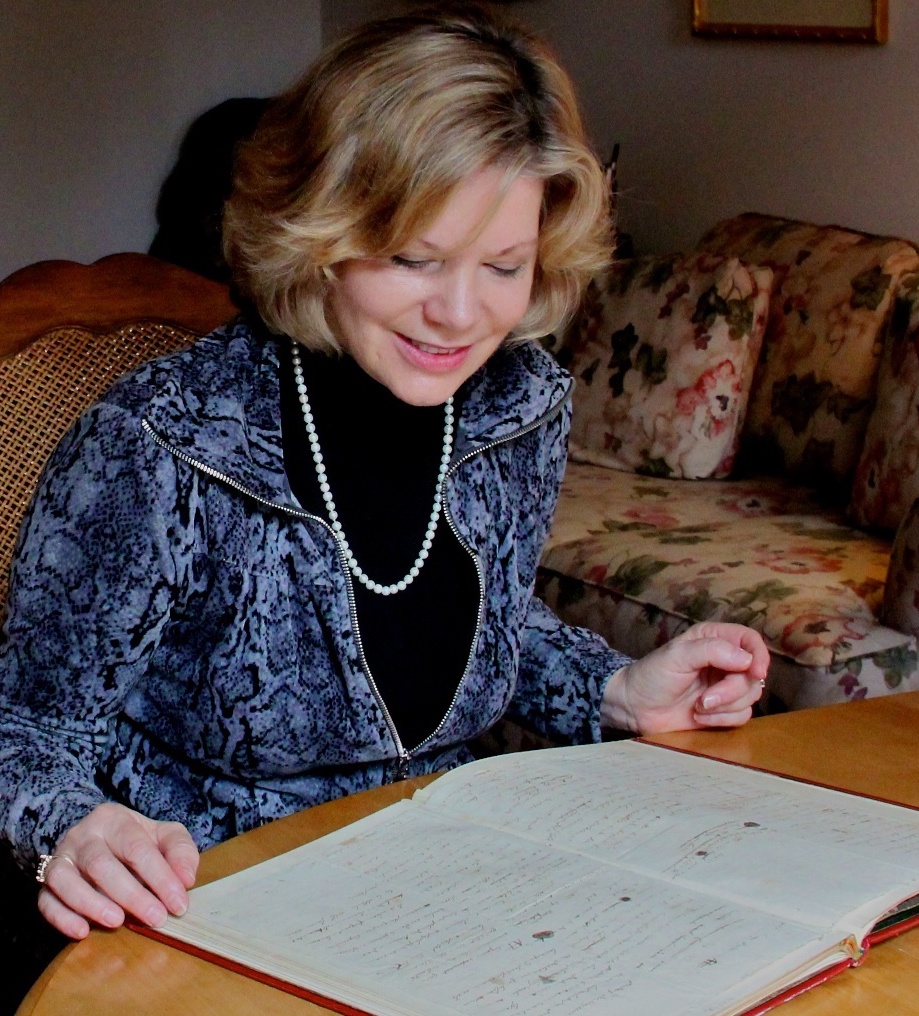FINDING NAPOLEON: A Novel
With its intriguing adaptation of Napoleon Bonaparte’s real attempt to write a novel, Finding Napoleon offers a fresh take on Europe’s most powerful man after he’s lost everything. A forgotten woman of history—the brazen Albine de Montholon—narrates their tale of intrigue, love, and betrayal.
ORDER online: Bookshop.org | Barnes & Nobel | Amazon

After the defeated Emperor Napoleon goes into exile on tiny St. Helena Island in the remote South Atlantic, he and his lover, Albine de Montholon, plot to escape and rescue his young son. Banding together African slaves, British sympathizers, a Jewish merchant, a Corsican rogue, and French followers, they confront British opposition—as well as treachery within their own ranks—with sometimes subtle, sometimes bold, but always desperate action.
When Napoleon and Albine break faith with one another, ambition and Albine’s husband threaten their reconciliation. To succeed, Napoleon must learn whom to trust. To survive, Albine must decide whom to betray.
Two hundred years after Napoleon’s death, this elegant, richly researched historical novel reveals the man history conceals.
AVAILABLE NOW IN THE U.S. AND CANADA. Audio version here!
Early Praise for FINDING NAPOLEON: A Novel
“Napoleon Bonaparte’s life was an incredible, inspiring, and ultimately tragic epic. In Finding Napoleon, readers enter deep into both the beginning and the end of that exceptional drama, as Margaret Rodenberg brings to life the inner circle of the ailing emperor as he spends his final years in exile on the remote island of St Helena. No one is more qualified to tell this sweeping tale than Margaret Rodenberg — her research is in a league of its own, and her writing is beautiful and poignant.” — Allison Pataki, NY Times Bestselling Author of The Queen’s Fortune
“Rodenberg inventively uses Bonaparte’s own unfinished novel to tell the story of the despot’s rise to power juxtaposed against the story of his last love affair. Told creatively and with excellent research!”—Stephanie Dray, NYT & USA Today Bestselling Author of Historical Fiction, including America’s First Daughterand her latest, The Women of Chateau Lafayette
“Napoleon’s last years, awash in intrigue and poignant with loss . . . by Rodenberg, who deserves kudos as a rigorous researcher and gifted writer . . . this intricate tapestry . . . brings to life the twilight years of a captivating historical figure.”— Kirkus Review (Spoiler Alert for the full lovely review!)
“From the first words, Finding Napoleon by Margaret Rodenberg enchanted me. Exceptionally well researched, the writing is vibrant, the details evocative. The story of Napoleon’s final years are conveyed with moving compassion, humor and wit. I love Margaret Rodenberg’s writing and I look forward to reading more by her. Highly recommended! — Sandra Gulland, author of The Josephine B. Trilogy and The Game of Hope
“Vive l’Empereur! In Finding Napoleon, the Bonaparte endgame becomes a new beginning—and a rousing, delightfully peopled adventure. Margaret Rodenberg’s superior scholarship, exquisite scene-setting and crackling storytelling mark her as a historical novelist to watch.”—Louis Bayard, New York Times Notable Author of best-selling Historical Fiction, including Courting Mr. Lincoln,Roosevelt’s Beast, and The Black Tower
“Finding Napoleon is a fascinating look at Napoleon as a writer of romance, a tender father, and a mature lover examining happier times amid the trials of his life in St. Helena—a side to him not often explored, and one I found completely enrapturing. His forgotten lover, Albine de Montholon, adds an intriguing dimension. Rodenberg’s sense of revolutionary culture and period detail sparkle and her storytelling is truly absorbing. A winner!”—Heather Webb, coauthor of Ribbons of Scarlet and author of Becoming Josephine and Rodin’s Lover
Inspiration for Finding Napoleon

Many years ago, I learned that Napoleon Bonaparte tried to write a novel. To my surprise, the unfinished manuscript—titled Clisson—still existed. Immediately, I vowed to finish it for him. At first, I planned to just write an adaptation of Clisson. Now, my novel FINDING NAPOLEON is that and more.
Primarily, it focuses on Napoleon’s life after his defeat—the person who was left when the power was gone. From that perspective, Napoleon writes Clisson to reflect on his youth. In addition, FINDING NAPOLEON gives voice to the audacious Albine de Montholon. This fascinating “lost woman of history” was Napoleon’s last lover. She has quite a story to tell.
So what’s not in the novel? Military history or battles, except in passing.
Would you enjoy an intimate story about one of the most complicated, intriguing, and influential people in history? If so, I guarantee a Napoleon Bonaparte as you’ve never seen him before.
Napoleon wrote a novel?
Today, it seems strange that Napoleon Bonaparte–a political leader and military genius–wanted to be a novelist. However, his earliest known attempt at fiction dates to 1786, when he was seventeen. Seven years later, he published a pamphlet, a fictional conversation full of revolutionary ideas, that advanced his military career.

In 1795, twenty-six-year-old Napoleon was a poor, but up-and-coming general in the Revolutionary French Army. That year, his long-distance engagement to his sister-in-law’s sister, Eugénie Desirée Clary, fizzled. With poignant progression, their correspondence cooled to petulance on her side and brotherly advice on his. He had not yet met his passionate but unfaithful love, Josephine Beauharnais.
So, in a lull between army duties, he tried to write a novel. He named the romantic tale of love, duty, and betrayal Clisson et Eugénie. For Napoleon, the character Clisson represented the hero he aspired to be. Mostly story summary with an occasional line of dialogue, his scribbles covered less than twenty pages. Later in his life, when his own lovers betrayed him, he crossed “et Eugénie” out of the title. He tried to keep the manuscript secret.
However, the secret didn’t survive his death. As shown in the photograph above, I got to hold original handwritten pages of that manuscript. Surely, those precious moments provided extra inspiration for my adaptation of Clisson. My trip to remote St. Helena Island provided the rest. Without those experiences, FINDING NAPOLEON, A Novel might not exist.
